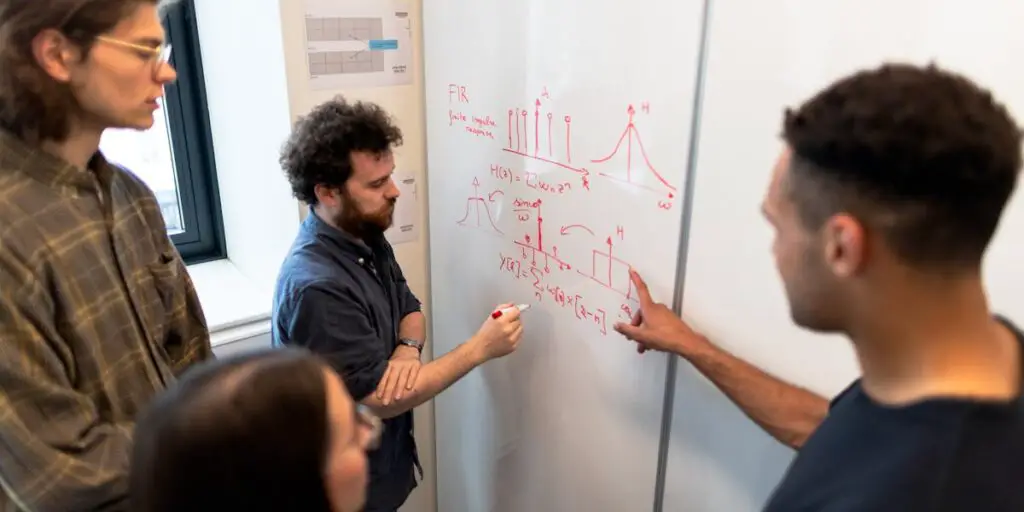—
Concept of Development
Development refers to the process of improving the economic, social, and political conditions of individuals and communities. It encompasses growth in income, access to education, healthcare, infrastructure, and equality. Development is not merely economic growth but also includes human development, empowerment, and environmental sustainability.
Key Dimensions of Development:
1. Economic Development:
– Refers to growth in GDP, industrialization, and technological advancements that enhance a country’s economic prosperity.
2. Social Development:
– Focuses on improving education, healthcare, gender equality, and overall human well-being.
3. Political Development:
– Involves fostering institutions that promote democracy, justice, and accountability.
Development is now viewed through a multidimensional lens, emphasizing inclusivity, equity, and sustainability.
—
Concept of Democracy
Democracy is a system of governance where power is vested in the people, exercised directly or through elected representatives. It ensures participation, accountability, and transparency in decision-making processes.
Key Features of Democracy:
1. Free and fair elections.
2. Rule of law and constitutional governance.
3. Protection of individual rights and freedoms.
4. Citizen participation in policymaking and governance.
—
Relationship Between Development and Democracy
1. Mutual Reinforcement:
– Development and democracy are interconnected and mutually reinforcing. Economic development supports democratic institutions, while democracy ensures equitable distribution of resources and inclusive growth.
2. Citizen Empowerment:
– Democracy provides a platform for citizens to voice their needs and aspirations. Development, in turn, empowers citizens through education, health, and economic opportunities, enhancing their participation in democratic processes.
Example: India’s democratic framework enables citizens to demand rights like universal education (Right to Education Act, 2009) and employment (MGNREGA).
3. Accountability in Governance:
– In democracies, governments are held accountable for delivering development outcomes through free elections, media scrutiny, and judicial oversight.
Example: Electoral accountability in India ensures that governments focus on welfare schemes such as food security and healthcare.
4. Inclusivity and Equity:
– Development in a democratic setup prioritizes marginalized groups through affirmative action and welfare policies.
Example: Reservation policies in India aim to uplift Scheduled Castes (SC), Scheduled Tribes (ST), and Other Backward Classes (OBC).
5. Conflict Resolution:
– Democracy provides institutional mechanisms for resolving conflicts related to resource distribution and inequality, promoting sustainable development.
—
Challenges in the Relationship
1. Inequality:
– Despite democracy, unequal distribution of wealth and opportunities hampers development. Economic growth often benefits the elite, leaving marginalized communities behind.
2. Populist Policies:
– Democracies may adopt short-term populist measures that do not lead to sustainable development.
3. Corruption:
– Weak governance and corruption in democratic institutions can hinder development by misallocating resources.
4. Overemphasis on Growth:
– Democracies may prioritize economic growth over environmental sustainability or social equity, leading to imbalanced development.
—
Examples of Democracy and Development in India
1. Economic Reforms:
– Post-1991 liberalization reforms in India, implemented in a democratic framework, accelerated economic growth and improved living standards.
2. Social Welfare Programs:
– Initiatives like the Mid-Day Meal Scheme and PM Awas Yojana reflect democratic responsiveness to developmental needs.
3. Grassroots Democracy:
– Panchayati Raj Institutions enable local participation in governance, promoting rural development.
—
Conclusion
The relationship between development and democracy is dynamic and interdependent. Democracy provides a framework for participatory governance, ensuring that development is inclusive and equitable. Conversely, development strengthens democratic institutions by empowering citizens and fostering social stability. While challenges persist, the synergy between democracy and development remains critical for building just and sustainable societies.

